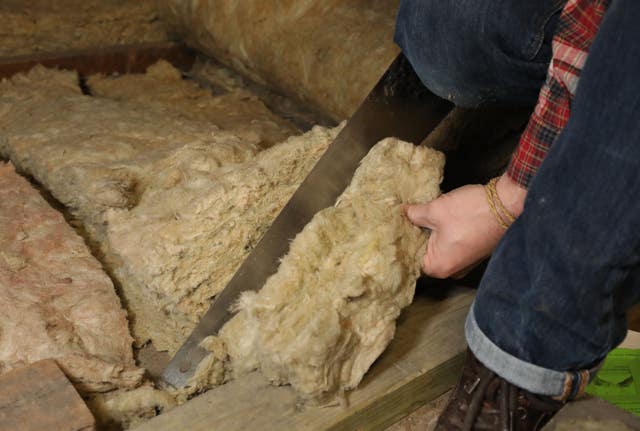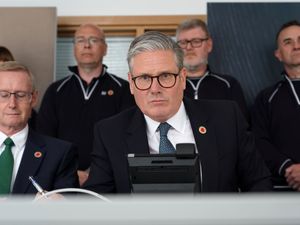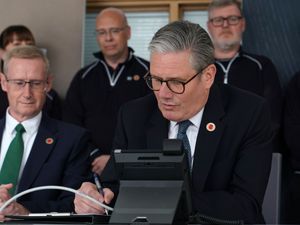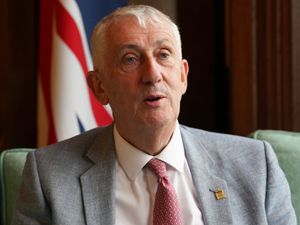Support for green new deal for climate and jobs – but what will it mean?
Backers say the package aims to tackle the climate and environment crises and social inequality.

A comprehensive “green new deal” to transform the UK is needed to tackle climate change, deliver jobs and make society fairer, it has been urged.
Almost two-thirds of people (63%) backed the Government bringing in a green new deal or green industrial revolution with large-scale investment in green jobs and infrastructure, in a recent poll for environmental lawyers ClientEarth.
But what is the green new deal and, if the next government brought in such a policy, what would it mean for people across the UK?
With a name that harks back to President Franklin D Roosevelt’s New Deal programmes to help the US in the Great Depression, the green new deal aims to tackle the climate and environment crises and social inequality.
For the Green Party’s Caroline Lucas, a long-term proponent of a green new deal, it means putting social justice at the heart of addressing climate change.
“What it offers a process of transforming the infrastructure of society at the speed and scale science demands.
“It’s a once-in-a-generation chance to fix an economic model driving climate change but also failing the vast majority of people,” she told the PA news agency.
“To me, what’s exciting about this is it’s more than just a set of technical solutions, it’s about putting people and workers at the heart of it.”
Ms Lucas recently launched a Bill in Parliament with Labour’s Clive Lewis, with measures including changing the way the Government manages the economy to enable extensive public and private investment in a green new deal.
She said the national picture of the programme includes more affordable public transport, more local affordable food, highly energy efficient homes lifting people out of fuel poverty and retraining workers into low-carbon industries.
But she said it cannot be imposed on communities from above – it has to be a grassroots process, with workshops on how it might look locally already taking place.
A report published in October by Green Party MEP Gina Dowding examined how it might work in her region of north-west England.
The transformation of the region could include investing in clean hydrogen production for use by industries which rely on gas, and piloting a large-scale vocational hydrogen training programme for workers such as gas engineers.
A deep retrofit scheme working with local government and community groups to renovate every house, street by street, starting with those in fuel poverty, could tackle the problem of cold homes in a region which has some of the worst rates of fuel poverty in the country, and create jobs.

Unions have called for a “just transition”, in which the shift to a low-carbon economy creates good new jobs, supports those in high-carbon sectors to move to new employment, and involves workers in decision-making.
Lauren Townsend, a trade unionist and Labour councillor in Milton Keynes, who is spokeswoman for grassroots organisation Labour For A Green New Deal, said: “I wouldn’t have got behind this if it wasn’t putting workers front and centre.
“It will benefit the economy, there’s so many areas decimated by de-industrialisation, we’ve got the money to invest in these areas and retrain people, to become hubs of renewable tech and industries,” she said.
In Milton Keynes, the green new deal would include bringing every building up to the best possible energy efficiency standards to reduce bills, new energy-efficient social housing, and solar panels on all council homes and buildings.
And in such a car-dominated area, improving public transport such as buses – currently “gross, unreliable and getting expensive” – would be key.
A Labour spokesman said a green new deal would tackle the climate and environment emergencies while creating jobs and make society fairer.
“It will usher in a Green Industrial Revolution – a transformation of our society and economy by ending the use of carbon-based energy and changing our extractive approach to natural resources,” he said.





